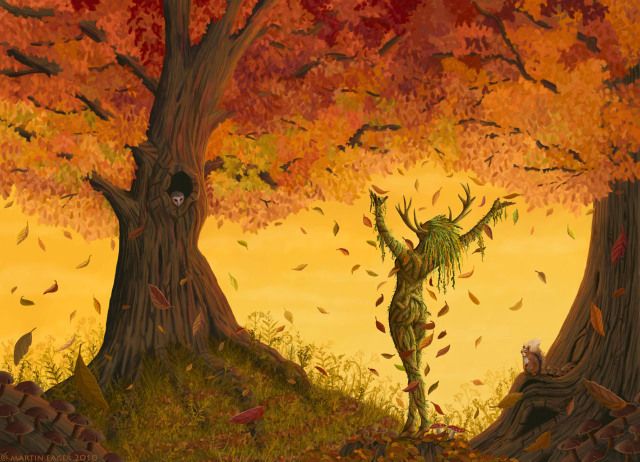Today marked my father’s yahrzeit (death anniversary). I am so grateful for the amazing dad he was to me growing up. I am also grateful for the ongoing relationship I have with him, and for how he still communicates and shows up for me when I need him.
In an earlier post, I wrote: In terms of how I primarily identify, Jewish is tied with Woman at #1. Euro-American comes next. In the demographics boxes, I check off “Other” and write in “Jewish.” I have other social identities, both chosen and bestowed – daughter, white, American, student, to name a few. But I realized recently that of my social identities, the ones I most strongly resonate with – Jewish and Woman – are the ones laden with the most historical oppression. To what extent does claiming Jewish and Woman as my primary social identities reflect my empowerment? To what extent do I identify as a victim? To what extent is articulating to others my experience of oppression useful in dismantling systems of injustice, and to what extent does it hinder my ability to deeply listen to others?
Jews are now in the Days of Awe, the 10-day period between Rosh Hashannah (the new year) and Yom Kippur (the Day of Atonement). This period of time is one in which we self-inventory, finding the places in which we have missed the mark this past year. I look at how I’ve shown up in the world and question whether I am embodying the most healthy, mature, authentic and sensitive person I can be. This year, I am specifically looking at my personal stories of privilege and oppression, empowerment and disempowerment.
One of the rituals of Rosh Hashannah is tashlich. In this ritual, we take bread crumbs or other items made sacred with our intention and cast them into flowing water. As we cast them off, we articulate what it is we are letting go of as we enter this new year. Every Hebrew word has a root, which connects the meaning of all words sharing a root even if on the surface they seem very different. The word tashlich comes from a root sharing another word, shalekhet, which refers to leaves falling from a tree.
Shortly before Rosh Hashannah, I found myself among a group of lovely friends singing a hauntingly beautiful melody by Ayla Nereo. We actually did not yet know the factoid about shalekhet referring to leaves falling. But as we sang this song together, it became our anthem for tashlich, our chant for the new year and this next cycle of giving life to the most holy parts of ourselves we can. Here we are singing together:
A few days later, I performed the ritual of tashlich with my partner at a stream near our house. This year, I cast off the stopper on my bottle of oppression stories. I let go of the airtight hold on the stories that keep me disempowered in my day-to-day life and prevent me from effectively supporting others in their struggles for justice and safety. To be clear, I did not let go of all the stories themselves; they will likely always live in me. But I let go of the stopper on the bottle so that I can more clearly identify and deconstruct them.
For me, empathy for others goes hand in hand with compassion for myself as I make increasing sense of systems of oppression versus outwardly disjointed instances of injustice. May this year be one of deep learning, actionable behavior that reflects my discoveries, and service to a world of justice, empathy, and generative leadership.
**************************************************************************
Image at the top of the page: “The Leaf Charmer” by Martin Eager
